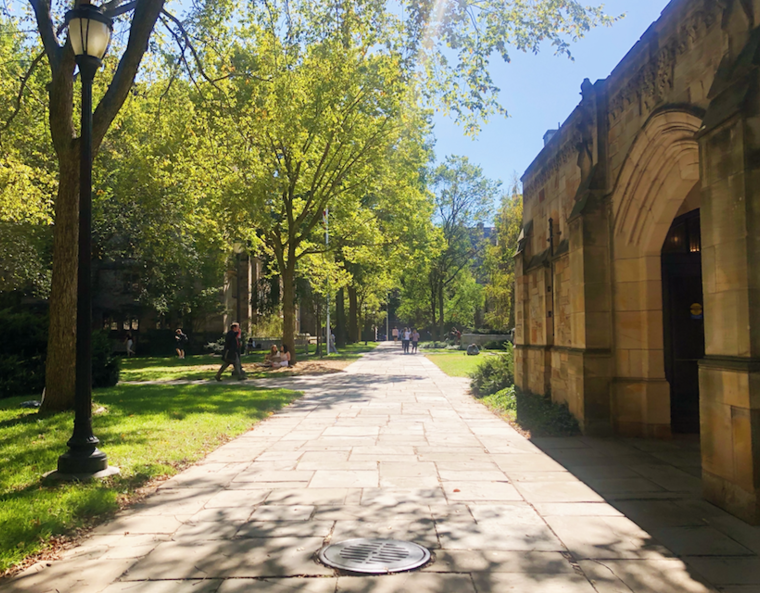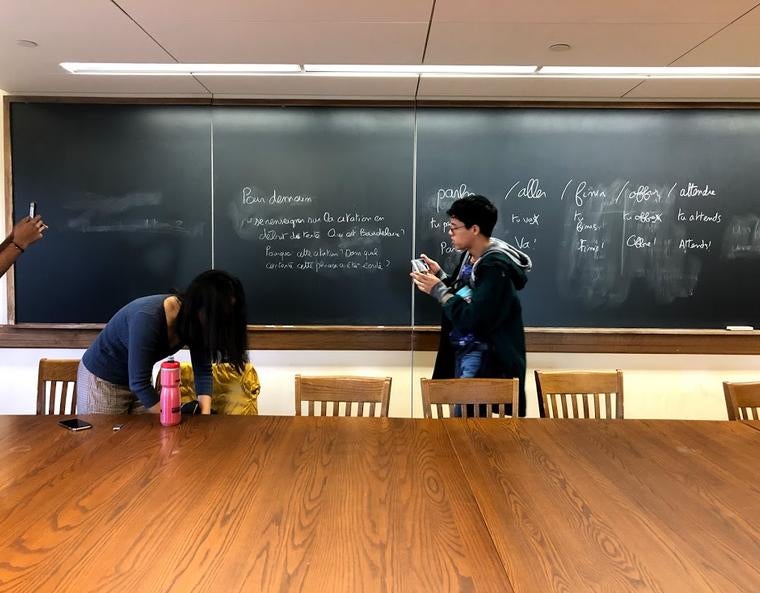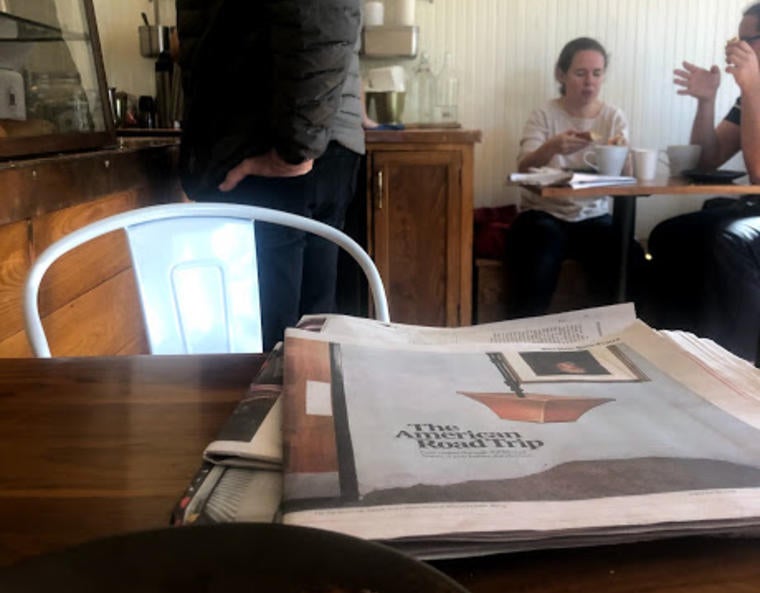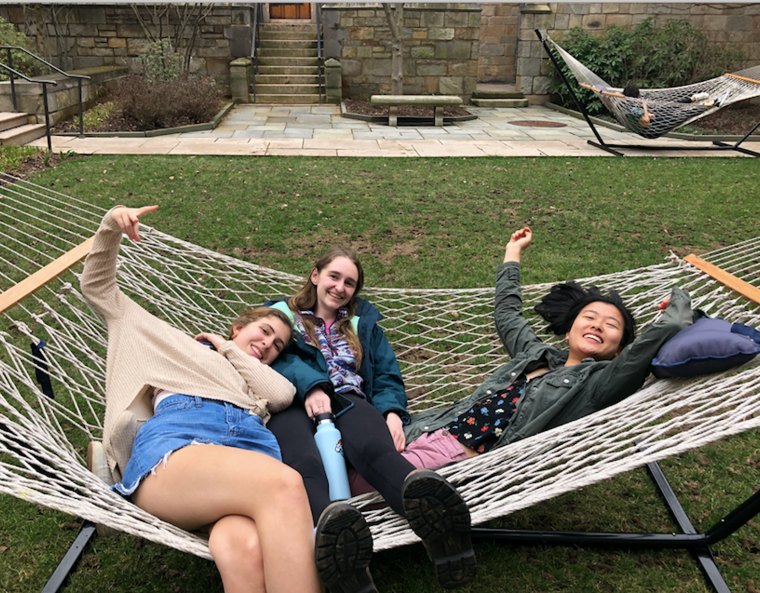
Have you ever woken up from a dream only to be disappointed that you weren’t actually flying through space, eating steamy apple pie, kissing that boy, or winning that prize? Sure, it’s great to have dreams because they give us goals to reach for. Without them, we would be a little directionless. But what happens if the dreams go unachieved? Or what if you end up flying only to realize that you’re afraid of heights, what if you end up kissing that boy and realize it wasn’t what you dreamed it to be like? What do you do then?
When it came to choosing schools to apply to, Yale was not my “dream school”, but I ended up applying here anyway—mostly based on a whim, an inexplicable feeling of belonging (cheesy, I know), and of course the litany of amazing academic opportunities that Yale has to offer. It’s worth mentioning that some people know what their dream school is all throughout high school, while others do not. I had had a dream school that was not Yale for a while, but I thought it would be cool to see if I could get into Yale first.
I was always too afraid to tell people my dream school, because I thought that I could never achieve that goal. Statistically speaking, this was valid; acceptance rates are low. But vocalizing your goals can be empowering. Telling others forces you to articulate your thoughts and defend them, and it could even give you more confidence and a team behind you rooting you on. The fact that I was afraid to tell others might have been a warning sign in and of itself. Was this other school really the right one for me if I couldn’t feel comfortable declaring it as my dream?
I applied to Yale early action and got accepted, but I still wanted to keep my options open. So, I applied to a few more schools regular decision and weighed my options for a very. long. time. Deciding where to go to college is a lot of high schoolers’ first big, adult decision. Where would I spend my next four (or more or less) years? Where did I see myself making lifelong friends? Some people flip a coin. (I did this many times; it didn’t convince me.)
You might find yourself in an embarrassment of riches. I found myself at the cafe where I worked, polling basically any customer who would listen on where I should spend the next four years of my life.* I was torn! The decision in the end was one based on ~vibe~, academic culture (Yalies are not cutthroat), student happiness, and musical opportunities. At Yale, I saw people being silly at improv shows and handing out samples of their energy bar startup on Cross Campus. One guy even spent ten minutes helping me find my host’s dorm room after I rudely barged into his entryway, running into him coming out of the shower in a towel, dripping wet. How kind!
Could this be home?
This all being said, if you’re currently in the throes of the college application process and have your heart set on one school with a few other thrown in the list as places you could convince yourself to like, it might be wise to take some time to reflect on what exactly you see yourself doing in college, what resources you would like to take advantage of, and which academic and social culture you see yourself thriving in.
Some questions worth asking:
What is it about a school that you value the most? Academic rigor, a robust residential life, a winning sports team? Is this a school were you could do virtually anything you’ve ever wanted to do in the subject that excites you the most? How do you feel about having seasons? Is this a school whose student body would encourage you to take risks? How does the food taste? (Important!!)
The dream I initially kept was feasible, but my dream by the end of the college admissions process had changed. Getting into a certain school won’t make or break your life. You might come out of the other side discovering that most of what made your experience so good was not the institution itself, but the spirit you brought into the place and the work you put into making the experience rewarding.
Seasons are great!
*Do not do this. 1) The sample size is small, even for a heavily-trafficked, hip cafe over the course of a month. 2) Other people should not make your decisions for you. This includes your parents and strangers. The customer who did his bachelor’s at Berkeley and recently moved to your east coast town to do his PhD and is now dying to return to the west coast will probably recommend that you attend the California school on your docket. Keep many grains of salt in your pocket at all times!



















